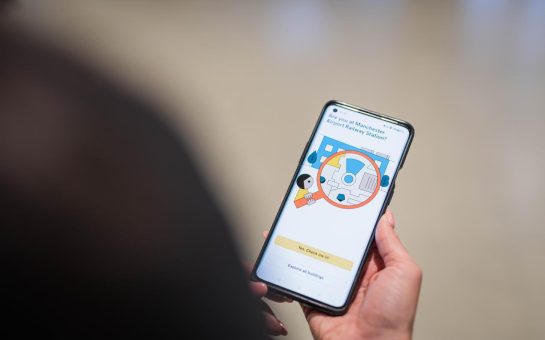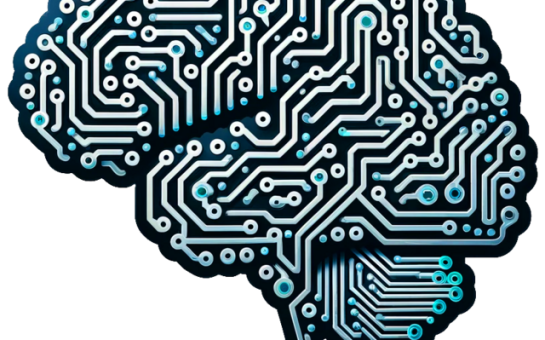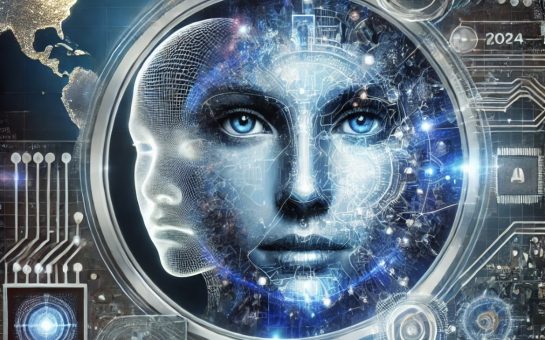While artificial intelligence (AI) is making progress in leaps and bounds, Terminator is still a long way off, according to local expert Dr Steve Furber.
AI is the branch of computer science concerned with making computers behave like humans, much like Arnold Schwarzenegger’s 1984 cult classic character.
Dr Furber, who lectures at the University of Manchester, believes human intelligence is the key to expanding technology advances, but says we could be waiting a long time for a robot to mimic human behaviour.
“I think that [building a Terminator] is still a long way off, and my view is we’ve still got to understand quite a lot more about the brain first, and we don’t know how hard that is,” he said.
“There’s a lot we don’t know about the brain: one of the major frontiers of science is still to try and understand how information is represented, stored, and processed inside our heads.”
Dr Furber believes strides are being made in the field of AI, but only at a gradual rate, which is no bad thing.
“I think one of the reasons that artificial intelligence has not advanced at the rate we expected is that we never really stopped to work out what human intelligence is,” he said.
“Google is a company entirely built on artificial intelligence techniques but it still hasn’t delivered the humanoid walking, talking robot that plagues science fiction.”
Despite this, he believes it’s evident that AI is advancing through our everyday devices.
“Smartphones already have lots of sensors and cameras and things: they’re going to begin to take the inputs of sensors and analyse them and begin to understand something of their environment, and they will be able to extract enough information to make useful deductions from it,” he said.
“On my smartphone now, if I ask for the weather it doesn’t ask me where I am, it already knows where I am – it has sensors that tell it, it defaults to give me the weather locally wherever I am.
“That kind of sensing of the world and making some sense of it is now coming, but with this comes increasing questions about ethical issues such as whether the company that makes your smartphone logs your every movement.”
AI is also making leaps and bounds in other ways and Dr Furber believes we will see the introduction of more devices soon.
“What we are clearly seeing is rapid growth in much simpler autonomous systems, like robot vacuum cleaners coming,” Dr Furber said.
“Dyson is launching a major one next year which is based on a vision system so this is a robot that actually looks at the room around it and understand where it’s been and where to go.
“Of course, even more impressive is the introduction of driverless cars. Because they are much more safety-critical than vacuum cleaners, it means that the systems built in to them have to be extremely reliable.”
Image courtesy of Tristar Pictures via YouTube, with thanks.



